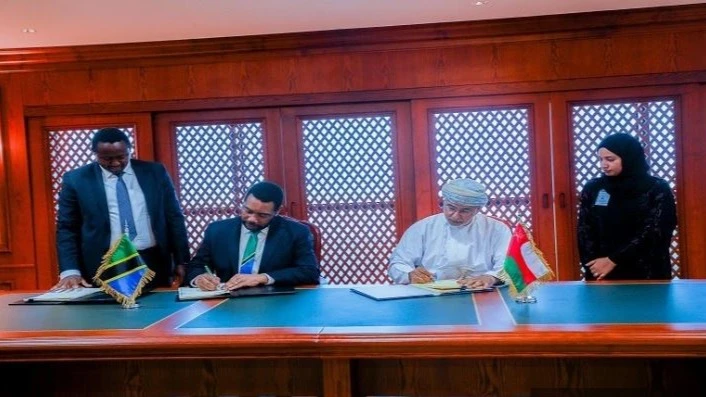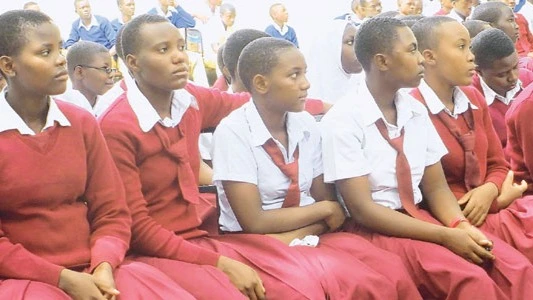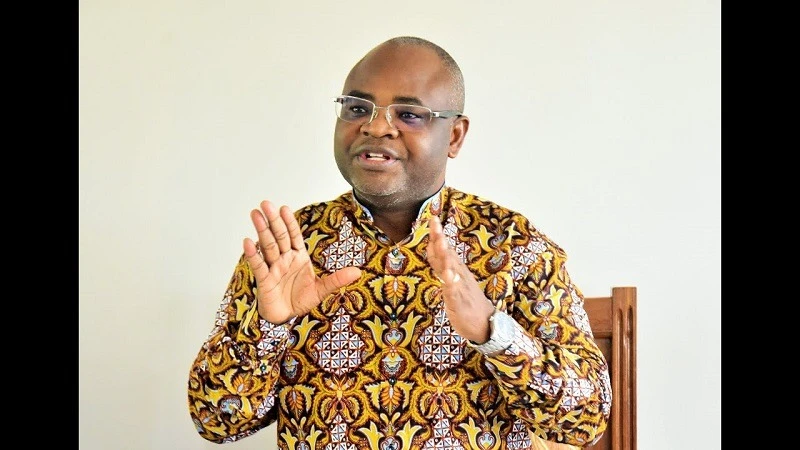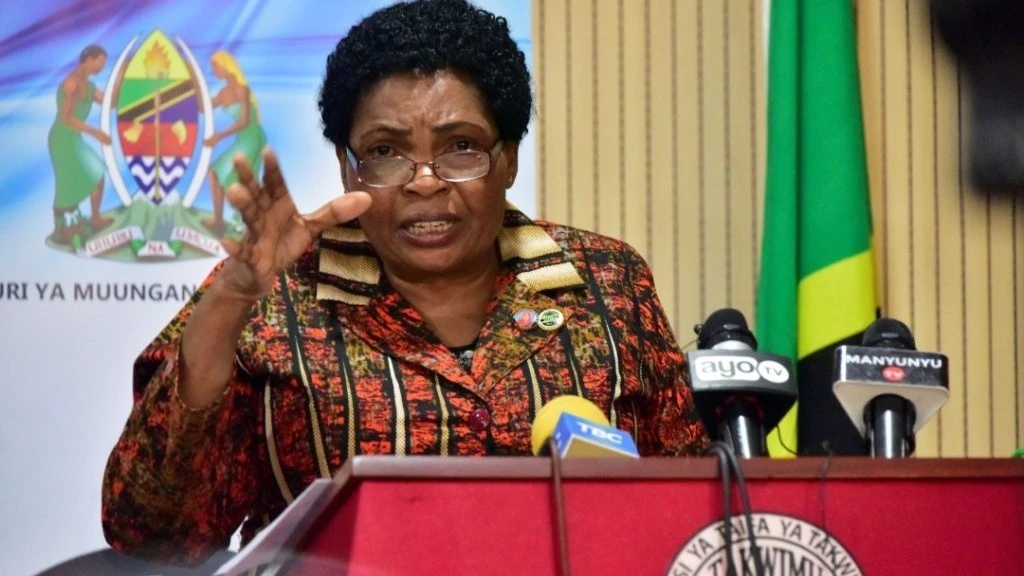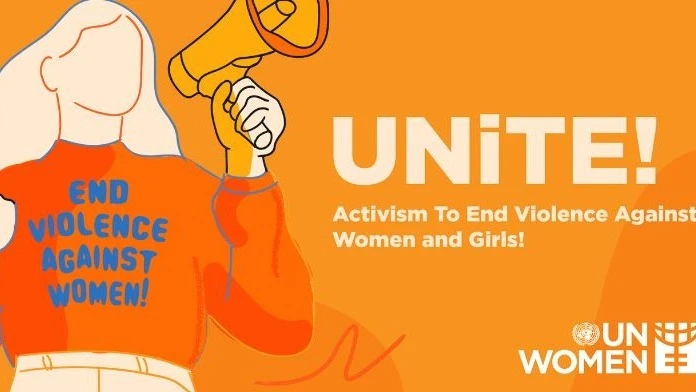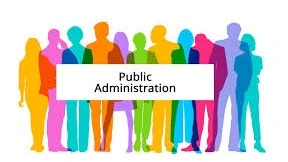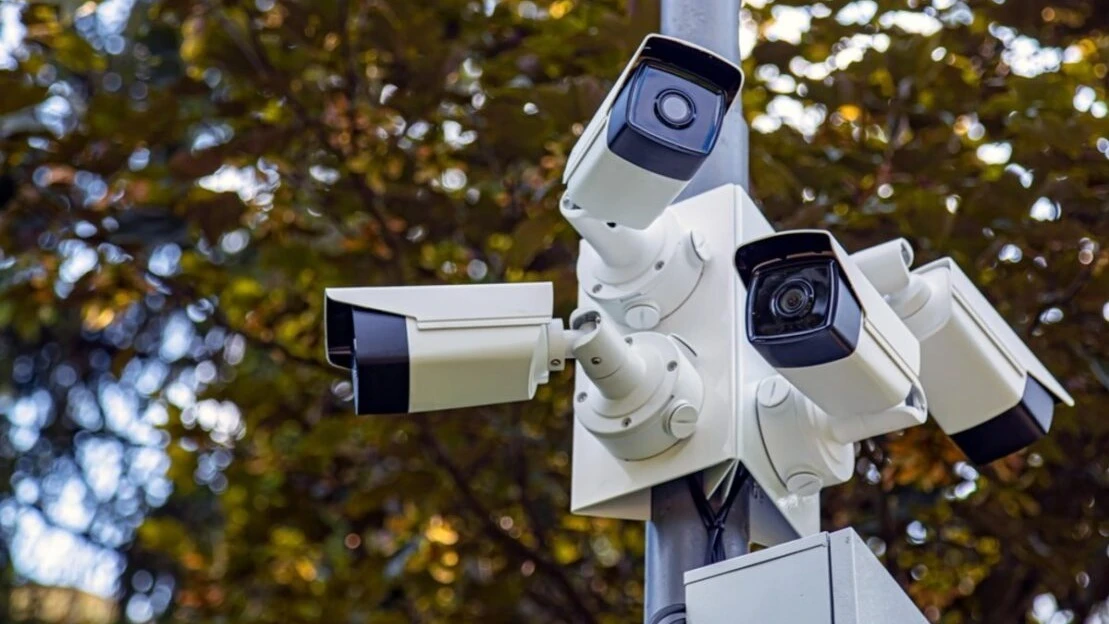Globalisation potential vivid as student raises 200 million/- to assist young girls
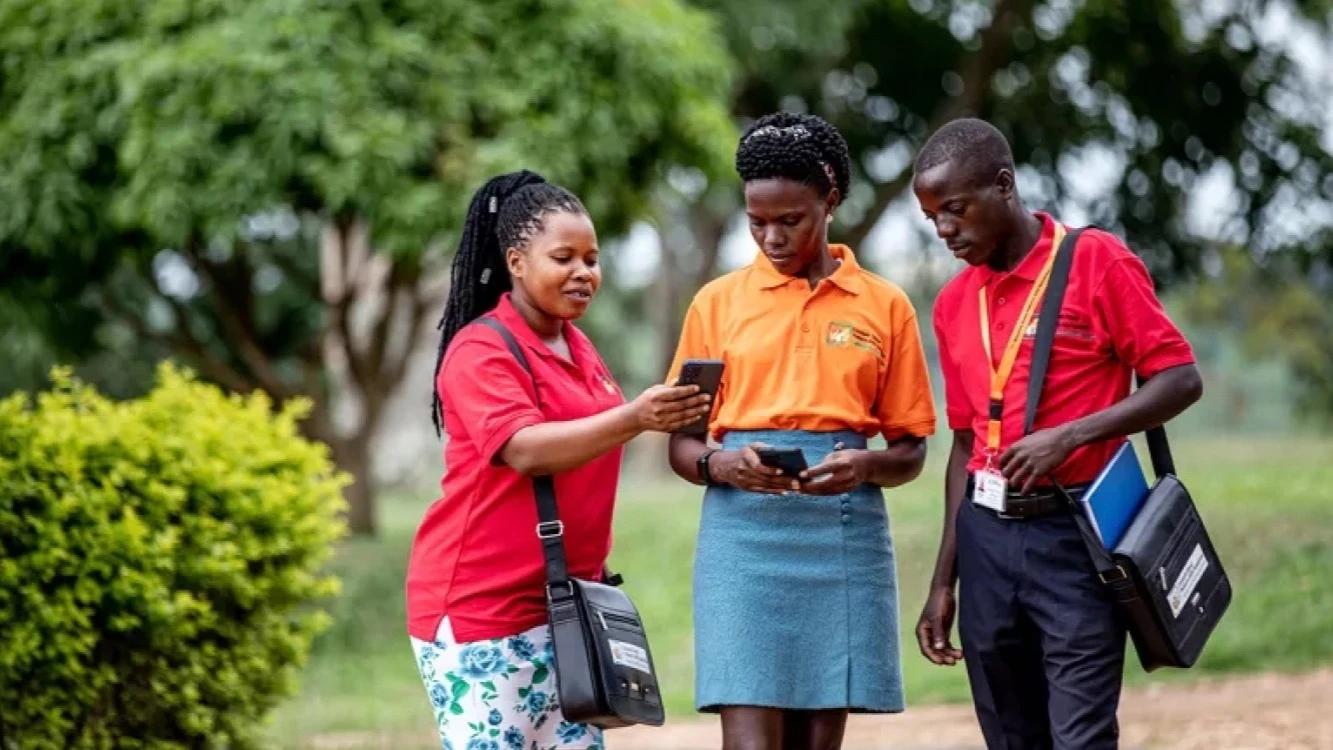
REPORTS that a 16-year-old pupil at North London Collegiate School in Dubai has raised 200m/- to provide free sanitary pads to schoolgirls in Tanzania’s northern zone was a bit surprising for some in seeing how widely the free pads campaign had spread.
There will doubtless be a blush or two in some official circles where people relish getting local volunteers but when campaigns take up by youths as young as 16 residing abroad it gets a bit different. Yes, there was plenty of sympathy and a wish to do something in recognising the pressing need for menstrual hygiene support among girls from underprivileged backgrounds.
Accordingly, 16-year-old Arjun Kaur Mittal launched an initiative dubbed ‘Needs Tanzania’ to collect cash from school colleagues for that purpose. From what the news indicated, this effort could be maintained for a while, not just a one-time contribution, as one secondary school in Arusha Region is targeted so far.
A number of local officials, including some at the Ministry of Health, have commended the young Mittal for the campaign. But, come to think of it, it is hard to say how far the initiative will run.
Many would have been at ease with an adult foundation pursuing that effort, as this comes up as something akin to project assistance or foreign aid, worlds different from a high school campaign. Here the ‘beggar thy neighbour’ parameter comes out unadorned, rankling somewhat our sensitivities.
It is reported that a recent initial distribution of pads to 400 girls at the school marked a turning point for both the beneficiaries and the newly proclaimed activist.
Mittal plans to raise an additional 700m/- annually to ensure the sustainability of the drive, this suggesting that she is now sponsoring a portion of schools girls for that specific part of their needs.
This influences sentiments on what being local and being foreign is all about in that we don’t just have to keep fearing about intentions, be they of investors, NGOs or anyone else.
If anything, this initiative by a high school student serves to illustrate what is often known as soft power. This relates to what ordinarily is identifiable with the force of example, the moral standing of a country in the eyes of another country, etc.
It is evident that those hearing of this initiative might decide to modify their perception of the values of the community Mittal hails from. There must obviously be substantial social support, starting from the household level, for a teenage girl to embark on an aid campaign.
This serves to ‘vaccinate’ some of those with frozen opinions on such communities such that when the sentimental sphere is improved, global reconciliation is elevated.
It is clear that one of the problems some of us may be facing in pursuing the 4Rs of President Samia Suluhu Hassan is monumental mistrust of particular segments of the world on the basis of sentiments going back a century or so.
Top Headlines
© 2024 IPPMEDIA.COM. ALL RIGHTS RESERVED









